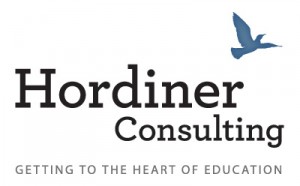Immanent Powers of the Soul: Intellect and Emotion
Within the finite conscious part of the soul, intellect and emotion have specific bodily limbs through which they are expressed, namely, the mind and the heart.
According to Jewish teaching, our soul power of intellect is comprised of chochmah (conception), binah (comprehension), and da’at (connection). Intellect begins with conception, the initial flash of creative insight when an idea first enters human consciousness. How we develop an idea is comprehension –the process of understanding breadth and depth through analysis and reasoning. The goal of intellect is connection, that we internalize what we understand so the idea becomes relevant to our personal life.
Our responsibility as educators is to nurture each student’s innate intellectual ability to (1) generate ideas (2) develop ideas (3) apply ideas to real life.
According to Jewish teaching, the primary two emotional powers of the soul are chesed (love) and gevurah (self-restraint). The third emotion, tiferet (compassion), harmonizes love and self-restraint. The other four human emotions include netzach (persistence), hod (gratitude), yesod (attachment), and malchut (dignity). These seven emotional traits — love, self-restraint, compassion, persistence, gratitude, attachment, and dignity — are the building blocks of the human personality. Our responsibility as educators is to manage, channel, and refine these emotional traits through the influence of our intellect.

